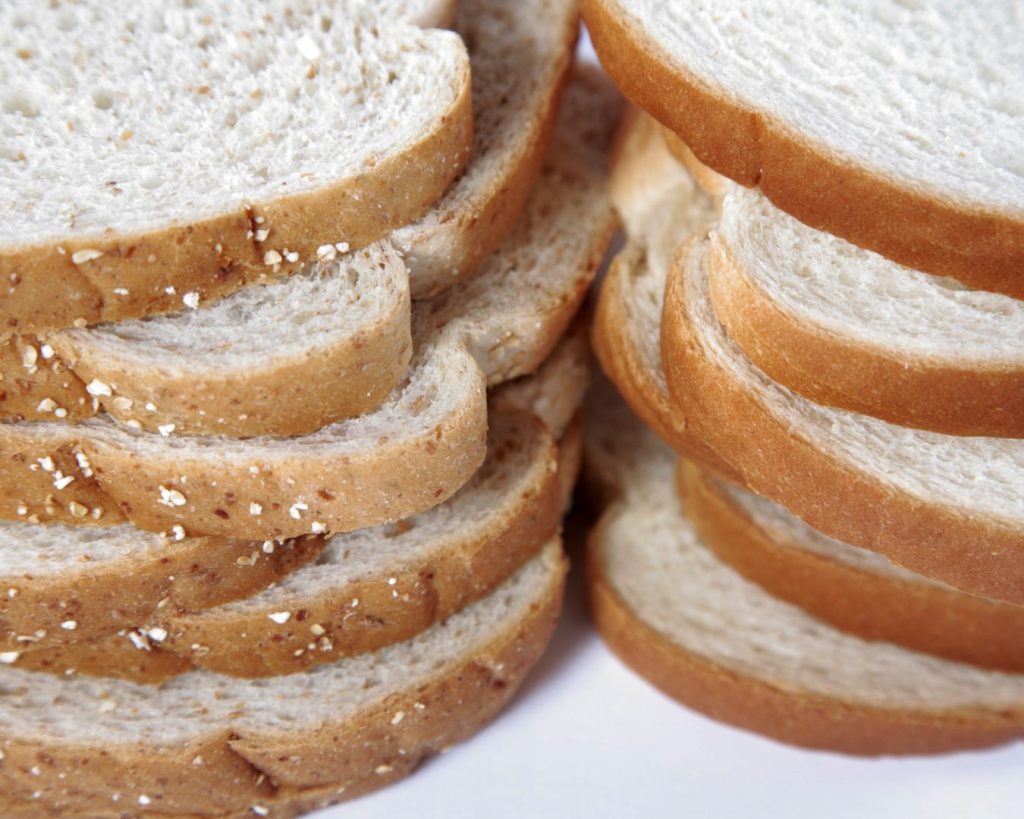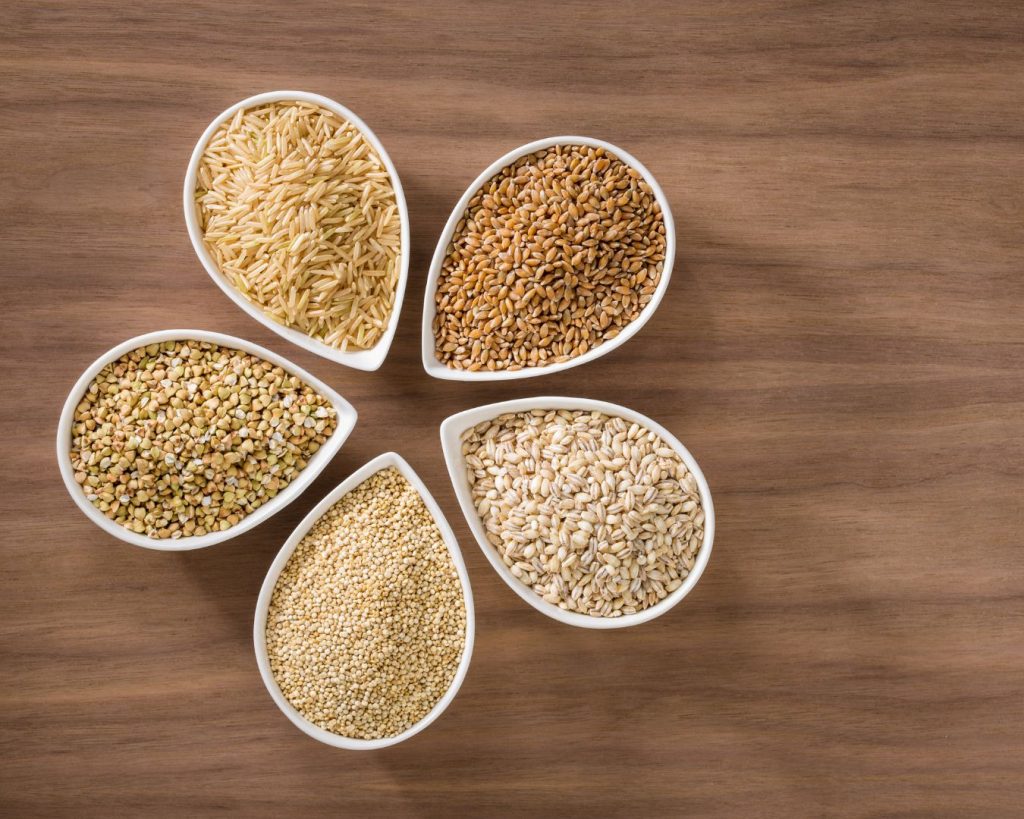Whole Grains vs. Refined Grains: Understanding the Key Differences
When it comes to choosing grains for your diet, understanding the difference between whole grains and refined grains is crucial. Each type of grain offers distinct nutritional benefits and can impact your health in different ways. In this blog post, we’ll explore the key differences between whole grains and refined grains, and why incorporating more whole grains into your diet can be beneficial.
What Are Whole Grains?
Whole grains are grains that contain all three essential parts of the grain kernel: the bran, germ, and endosperm. These components work together to provide a range of nutrients:
- Bran: The outer layer of the grain, rich in fiber, vitamins (especially B vitamins), and minerals.
- Germ: The nutrient-rich core of the grain, containing healthy fats, protein, and additional vitamins and minerals.
- Endosperm: The middle layer, which is primarily composed of carbohydrates and some protein.
Examples of Whole Grains:
- Brown rice
- Quinoa
- Oats
- Whole wheat
- Barley
- Bulgur
What Are Refined Grains?
Refined grains are processed to remove the bran and germ, leaving only the endosperm. This processing gives refined grains a finer texture and longer shelf life but strips away many of the nutrients found in the bran and germ. The result is a product that is lower in fiber, vitamins, and minerals.
Examples of Refined Grains:
- White rice
- White flour
- Regular pasta
- Most breakfast cereals

Key Differences Between Whole Grains and Refined Grains
- Nutritional Content:
- Whole Grains: Retain their natural nutrients, including fiber, vitamins (such as B vitamins), minerals (like iron and magnesium), and antioxidants.
- Refined Grains: Lose many of their nutrients during processing, including fiber, vitamins, and minerals. Some refined products are enriched to add back a few nutrients, but they still lack the full range of benefits found in whole grains.
- Fiber Content:
- Whole Grains: High in dietary fiber, which supports digestive health, helps regulate blood sugar levels, and can aid in weight management.
- Refined Grains: Low in fiber, which can lead to quicker spikes in blood sugar and may contribute to digestive issues such as constipation.
- Glycemic Index:
- Whole Grains: Generally have a lower glycemic index, meaning they cause a slower, more gradual increase in blood sugar levels. This can help in managing diabetes and maintaining stable energy levels.
- Refined Grains: Typically have a higher glycemic index, leading to quicker spikes in blood sugar levels and potentially contributing to insulin resistance over time.
- Satiety and Weight Management:
- Whole Grains: Due to their higher fiber content, whole grains can help you feel fuller for longer, which can aid in appetite control and weight management.
- Refined Grains: Often lead to quicker hunger due to the lower fiber content, which can make it more challenging to manage portion sizes and cravings.
- Health Benefits:
- Whole Grains: Associated with a reduced risk of chronic diseases such as heart disease, type 2 diabetes, and certain cancers. They also support overall gut health and may improve cholesterol levels.
- Refined Grains: Linked to a higher risk of chronic diseases due to their lower nutrient content and higher glycemic index. They can contribute to weight gain and digestive issues.

Tips for Incorporating Whole Grains into Your Diet
- Start Gradually: If you’re used to refined grains, begin by replacing a portion of refined grains with whole grains in your meals.
- Explore Different Grains: Try a variety of whole grains such as quinoa, barley, and farro to keep your diet interesting and nutritious.
- Read Labels: Look for products labeled “100% whole grain” or “whole wheat” to ensure you’re choosing true whole grain options.
- Cook in Bulk: Prepare large batches of whole grains like brown rice or quinoa and store them in the fridge or freezer for quick and easy meal additions.
Understanding the differences between whole grains and refined grains can help you make more informed choices for your diet. Whole grains offer a wealth of nutrients and health benefits, while refined grains, though convenient, often fall short in nutritional value. By incorporating more whole grains into your meals, you can support better overall health and enjoy a range of delicious and satisfying foods. So, make the switch to whole grains today and reap the benefits of a healthier diet!

